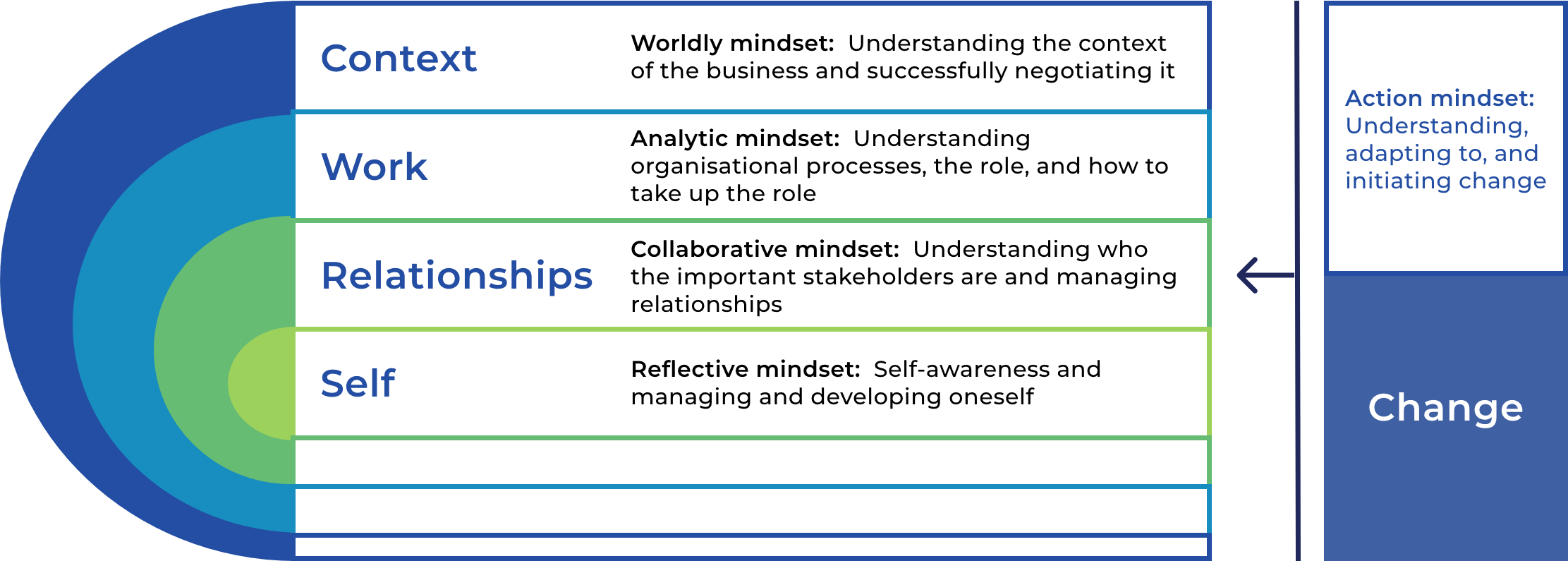Coaching Approach
My coaching approach draws on three psychological paradigms: Existentialism (individuals have choice), Systems Psychodynamics (the unconscious often drives behaviour), Positive Psychology and attitude (strengths enable us). My personal philosophy with regards to coaching is that it is a one-on-one development intervention where the client gets the opportunity and encouragement to articulate their experiences, aspirations and points of view to an independent yet interested person.
My style is people positive (I believe in the potential of people) and optimistic (I believe opportunities exist in abundance if we are willing to do the work to uncover them).
I see coaching as a developmental approach and not a remedial one. I become a thinking partner to my clients by providing feedback (from assessments, or from observations representing ‘the other’ in coaching), supporting, challenging, asking thought-provoking questions, scenario planning, brainstorming, and developing different perspectives on an issue. This results in greater self-awareness and confidence, opportunity thinking, better decision-making and improved relationships.
My coaching model integrates the five life domains described by Gosling and Minzberg (Harvard Business Review, November 2003) as The Five Minds of a Manager: Self, Relationships, Work, Context, and Change
My style is people positive (I believe in the potential of people) and optimistic (I believe opportunities exist in abundance if we are willing to do the work to uncover them).
I see coaching as a developmental approach and not a remedial one. I become a thinking partner to my clients by providing feedback (from assessments, or from observations representing ‘the other’ in coaching), supporting, challenging, asking thought-provoking questions, scenario planning, brainstorming, and developing different perspectives on an issue. This results in greater self-awareness and confidence, opportunity thinking, better decision-making and improved relationships.
My coaching model integrates the five life domains described by Gosling and Minzberg (Harvard Business Review, November 2003) as The Five Minds of a Manager: Self, Relationships, Work, Context, and Change
Coaching specialities include Executive coaching, leadership, strategic alignment, role and career transitions, change leadership, emotional intelligence, personal purpose and self-actualisation. I also do coaching supervision. I make use of psychometric assessments if it is required and have found four instruments helpful in coaching: EQi2.0 (emotional intelligence), MBTI Step II (personality type), Enneagram (what drives motivation) and the Career Anchors. 360° measures of leadership competence are also very useful, whether bespoke (qualitative) or a quantitative instrument such LBI-2.

